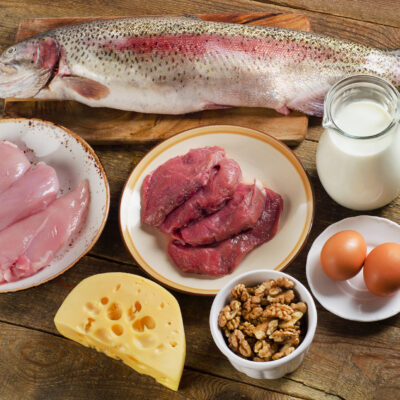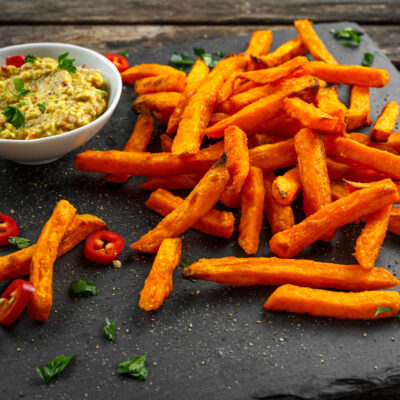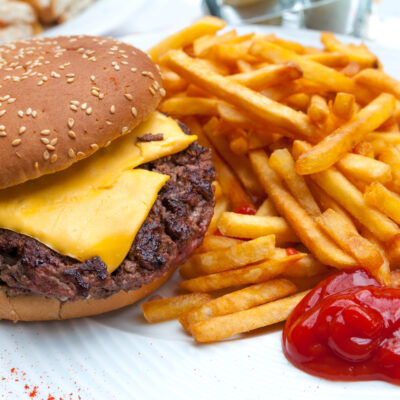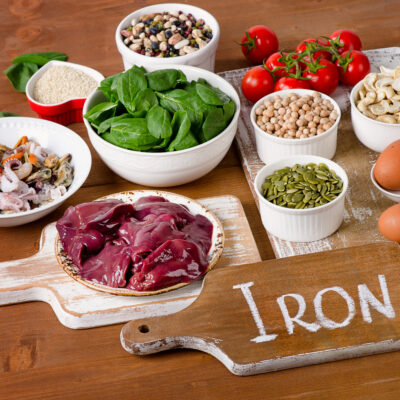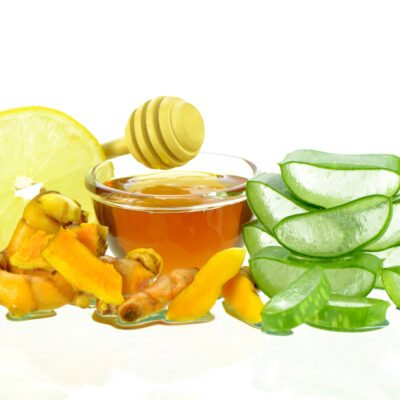
Food
Natural Home Remedies to Soothe Colitis
Ulcerative colitis falls under the umbrella of inflammatory bowel diseases (IBD) that result in chronic inflammation and tissue damage of the digestive tract. However, ulcerative colitis causes swelling and ulcers in the large intestine, or colon, specifically impacting the anus and rectum. In severe cases, ulcerative colitis must be managed with nonsteroidal anti-inflammatory(NSAIDs), steroids, and immune system suppressing medications. Surgery may be performed (colon removal), but only if medication is ineffective. Many patients also combine traditional mediations with natural remedies for symptom relief and to reduce flare up frequency. It’s also wise to consult with your doctor prior to using the following natural home remedies for colitis: 1. Turmeric Turmeric has long been used as a natural remedy to soothe digestive and inflammation related conditions, like ulcerative colitis. For instance, turmeric is rich in a plant compound known as curcumin, which also acts as a potent anti-inflammatory, particularly for treating stress-related inflammation. In fact, 2015 research study published by the journal, Clinical Gastroenterology and Hepatology, links curcumin to increased periods of remission in colitis patients. 2. Aloe vera While medical researchers from Michigan State University consider aloe vera promising in regards to treating inflammatory conditions, like ulcerative colitis. They warn that store-bought aloe vera juice may have laxative effects, and lead to explosive diarrhea if not used safely.
Read More 
